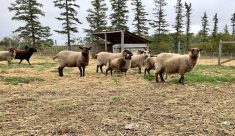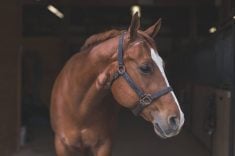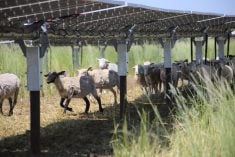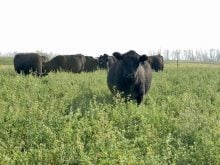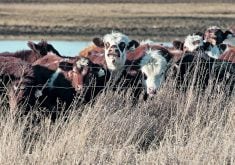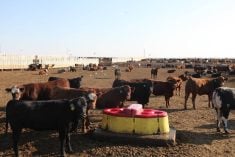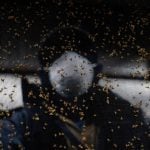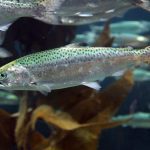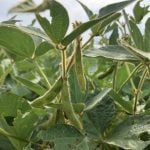Hoof problems with dairy cattle can be reduced with micronutrient supplementation, says a professor at the University of Calgary.
Dr. Christoph Muelling told the Western Canadian Dairy Seminar here last month that nutrition is only one of the factors that may influence hoof health, but its impact is largely underestimated.
Muelling said costs associated with a single ulcer on an animal’s sole have been estimated to cost a producer between $700 to $900. “This is only the detectable and measurable cost. We don’t know how much pain impacts the animal’s performance or productivity,” he said.
Read Also
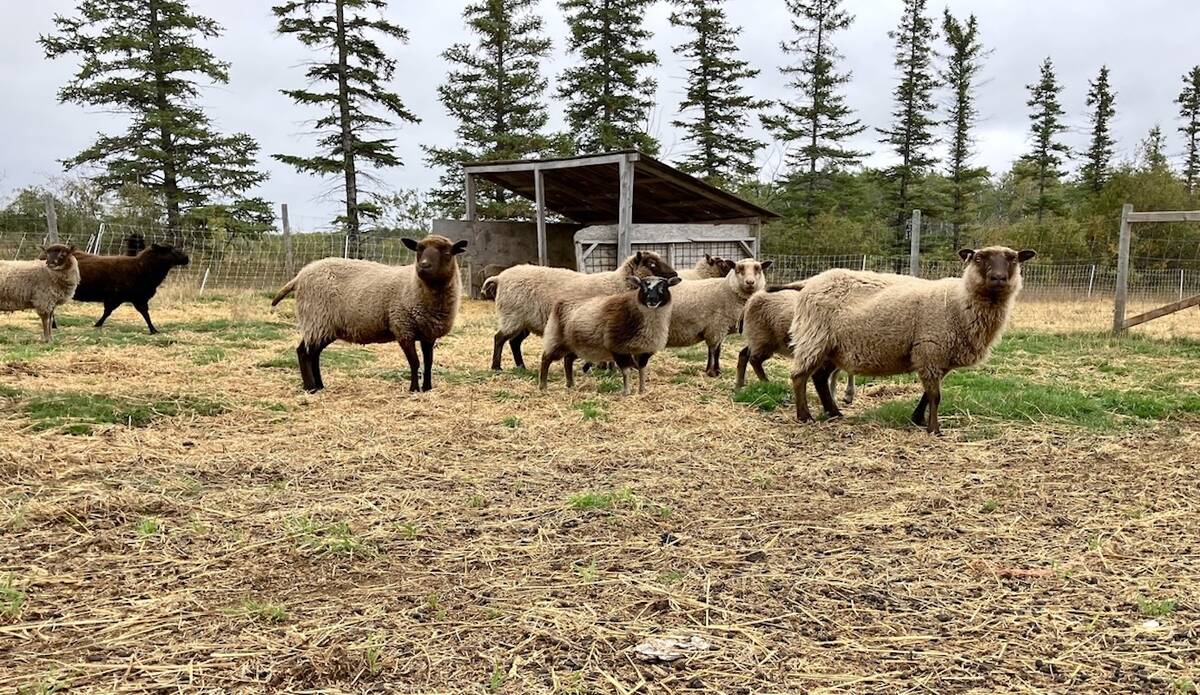
Mosquito-borne virus could be devastating to sheep breeding operations
Cache Valley virus, a mosquito-borne disease that infects small ruminants, could be a devastating hit to small operations.
Muelling said strong foot horn quality is a key prerequisite for good hoof health. The formation of a claw horn is a complex process which is very sensitive to nutritional influences, metabolic changes and environmental influences. Muelling said a balanced diet, especially in the peri-or post-natal period can have an impact on the health of the animal’s feet.
He said supplementation of 20 milligrams of biotin per cow per day can result in positive effects to the animal’s skin, hair and hooves. Biotin improves keratinisation of the hoof horn and improves adhesion within the hoof cells. If supplementation is stopped, benefits will be lost after about six to eight weeks. Research has shown zinc supplementation can also be beneficial to hoof health, said Muelling.
He said horn growth can be affected by nutrition, genetic makeup and the moisture within the environment. Certain parts of the horn shoe need to be slightly elastic and flexible. A horn shoe can also be evaluated by its biomechanical functions and protection against factors in the animal’s environment.



